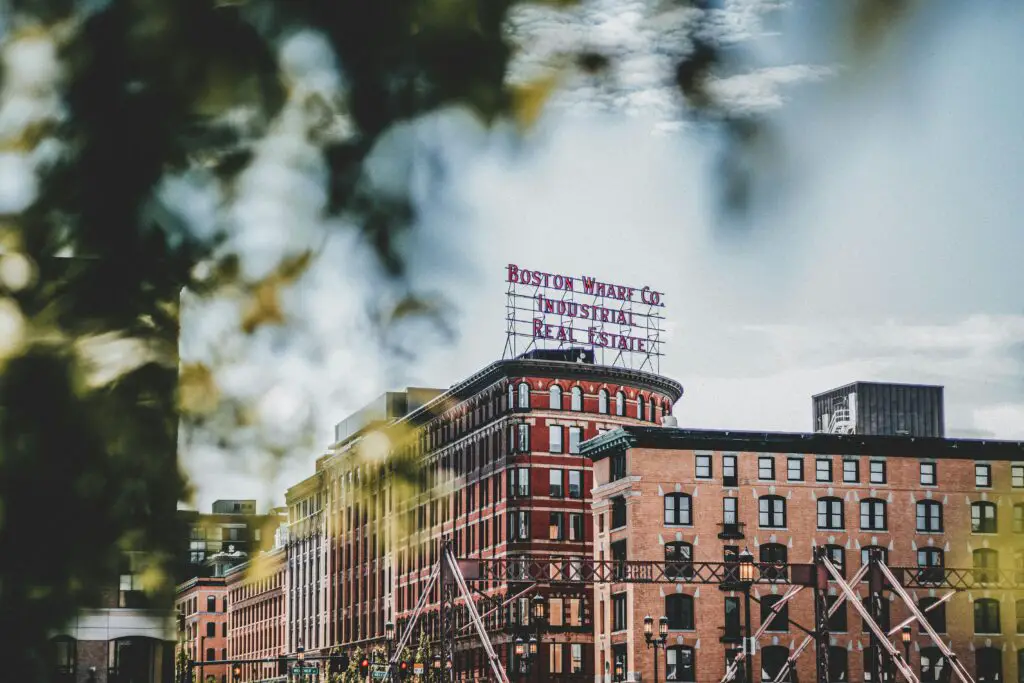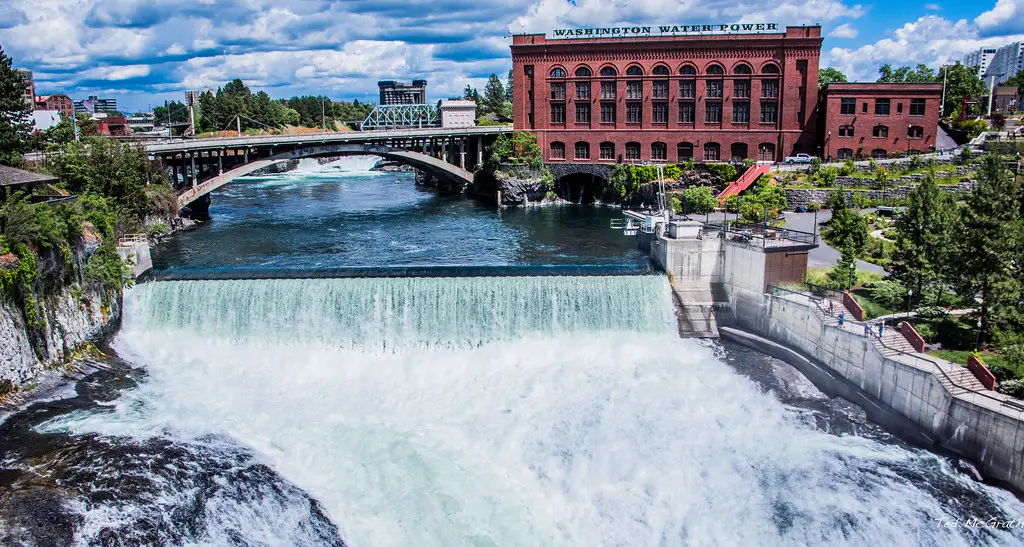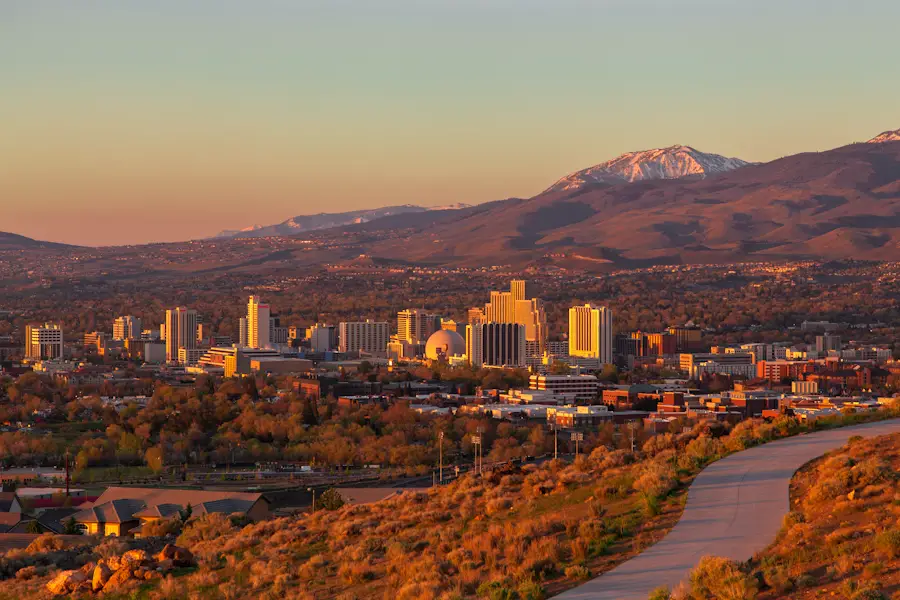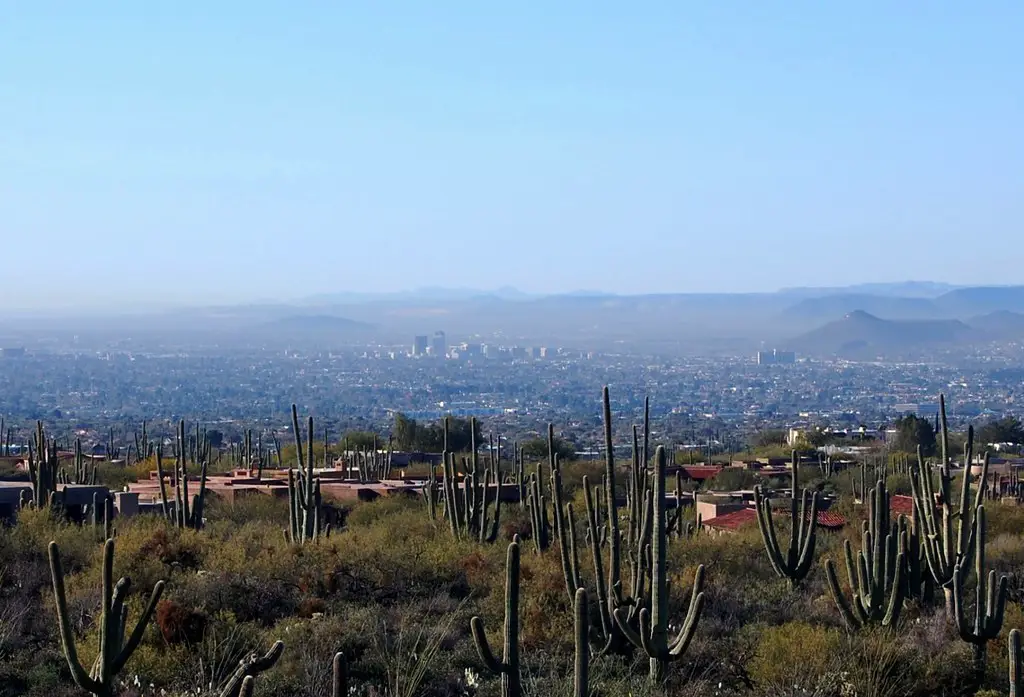Entering the housing market as a first-time buyer in 2025 presents numerous challenges, especially in certain states where affordability, high property taxes, and competitive markets create significant barriers. Factors such as soaring home prices, limited inventory, and economic conditions have made homeownership increasingly difficult in these regions. Below is an analysis of 12 states where first-time home buyers may face the most obstacles.
1. New Jersey

New Jersey’s proximity to major urban centers like New York City and Philadelphia has led to a competitive housing market with elevated prices. First-time buyers often struggle with the high property taxes, which are among the highest in the nation, adding a significant burden to monthly housing costs. The state’s dense population and limited land availability contribute to the scarcity of affordable housing options. Additionally, high demand in desirable communities leads to bidding wars, further driving up prices and making it challenging for first-time buyers to secure a home.
The cost of living in New Jersey is also relatively high, with expenses such as utilities, transportation, and insurance adding to the financial strain on new homeowners. While there are programs aimed at assisting first-time buyers, the benefits may be offset by the overall expenses associated with purchasing and maintaining a home in the state. Furthermore, the competitive job market in neighboring cities can lead to longer commute times, influencing housing decisions and affordability. These factors combine to create a challenging environment for first-time home buyers in New Jersey.
2. California

California’s real estate market has long been known for its high prices, and 2025 is no exception. Major metropolitan areas like Los Angeles, San Francisco, and San Diego continue to experience median home prices well above the national average, making it challenging for first-time buyers to enter the market. The limited housing inventory, coupled with high demand, leads to intense competition and bidding wars, often resulting in homes selling above the asking price. Additionally, the state’s high cost of living and property taxes further strain the budgets of potential homeowners.
The influx of tech industry professionals has also contributed to driving up property values, particularly in the Bay Area. First-time buyers often find themselves competing with cash offers from investors or wealthier individuals, making it difficult to secure a property. Moreover, stringent zoning laws and lengthy approval processes for new constructions limit the development of affordable housing options. As a result, many prospective buyers are priced out of the market or forced to consider relocating to more affordable regions.
3. New York

New York State, particularly New York City, presents a daunting housing market for first-time buyers. The city’s real estate prices are among the highest in the country, with median home prices far exceeding national averages. This makes accumulating the necessary down payment and securing affordable mortgage terms difficult for many. The competitive market often sees multiple offers on desirable properties, driving prices even higher and pushing first-time buyers out of contention.
Outside of the city, while prices may be lower, economic factors such as property taxes remain a significant burden. Counties in upstate New York have some of the highest property tax rates relative to home values, adding to the long-term costs of homeownership. Additionally, the state’s overall high cost of living and maintenance expenses can deter first-time buyers. These financial challenges make it difficult for newcomers to establish themselves in the New York housing market.
4. Hawaii

Hawaii’s picturesque landscapes come with a steep price tag, especially in the housing market. The state’s limited land availability and high construction costs contribute to some of the highest median home prices in the nation. For first-time buyers, this means facing significant financial hurdles, including large down payments and substantial monthly mortgage obligations. The high cost of living, driven by the need to import a majority of goods, further exacerbates the financial strain on potential homeowners.
The strong tourism industry also impacts the housing market, with many properties being used as vacation rentals, thereby reducing the availability of homes for residents. This competition drives up prices and limits options for first-time buyers seeking permanent residences. Additionally, the state’s geographic isolation leads to higher costs for building materials, which are often passed on to buyers. These factors combine to create a challenging environment for those looking to purchase their first home in Hawaii.
5. Illinois

Illinois presents several challenges for first-time home buyers, particularly due to its high property taxes and economic uncertainties. The state has some of the highest property tax rates in the country, which can significantly increase the long-term costs of homeownership. In cities like Chicago, while home prices may be more moderate compared to coastal metros, additional expenses such as taxes and insurance can strain a first-time buyer’s budget. Moreover, the state’s fiscal issues and budget deficits may lead to further tax increases, adding to the financial burden on homeowners.
The housing market in Illinois also faces challenges with inventory levels, particularly in desirable neighborhoods, leading to competitive bidding situations. Economic factors, including job market fluctuations and population decline in certain areas, can impact property values and investment potential. First-time buyers must navigate these complexities while also securing financing in a cautious lending environment. These combined factors make Illinois a challenging state for those looking to purchase their first home.
6. Florida

Florida’s once-affordable housing market has become increasingly competitive, making it one of the hardest states for first-time home buyers. The influx of new residents from higher-cost states has driven up home prices in cities like Miami, Tampa, and Orlando. Many homes are being snapped up by investors and cash buyers, leaving little room for first-time buyers relying on mortgages. Additionally, Florida’s rising property insurance costs due to hurricane risks have added another financial hurdle.
For new buyers, the dream of homeownership in Florida is fading as wages fail to keep up with soaring prices. Rental costs are also increasing, making it difficult to save for a down payment. Many young professionals and families find themselves stuck in the rental cycle, unable to transition into homeownership. Without increased housing inventory and affordability initiatives, Florida will continue to be a difficult market for first-time buyers.
7. Massachusetts

Massachusetts has become one of the most difficult states for first-time home buyers due to its high housing costs and competitive market. Cities like Boston, Cambridge, and Worcester have seen skyrocketing home prices, making it nearly impossible for entry-level buyers to secure affordable properties. Limited housing inventory, coupled with strong demand from students, professionals, and investors, has created a highly competitive landscape. Additionally, high property taxes and closing costs further increase the financial burden for first-time buyers.
For many, saving for a down payment while paying high rent in Massachusetts is a major challenge. The state’s strong job market, particularly in tech and healthcare, has attracted an influx of workers, driving housing demand even higher. Mortgage rates and increasing insurance costs add to the difficulty, pushing many potential buyers toward renting instead. Without a significant expansion of affordable housing, Massachusetts will remain one of the hardest states for first-time home buyers in 2025.
8. Washington

Washington’s real estate market remains one of the toughest for first-time buyers due to high home prices and limited inventory. In Seattle, median home prices have soared well beyond what most new buyers can afford, and even surrounding cities like Tacoma and Bellevue are seeing record highs. The tech industry’s growth has driven demand, making it nearly impossible for entry-level buyers to compete with high-earning professionals. Additionally, strict zoning laws and slow new housing developments keep supply low.
Beyond affordability, Washington’s property taxes and overall cost of living add further challenges for new buyers. Many first-time buyers struggle to save for a down payment as rental prices remain high. Mortgage rates and insurance costs also deter many from transitioning from renting to homeownership. Unless significant policy changes increase housing supply, Washington will continue to be one of the hardest states for first-time buyers in 2025.
9. Oregon

Oregon’s housing market is another difficult landscape for first-time buyers, particularly in Portland and its surrounding areas. Home prices have surged in recent years, with demand far outpacing supply. Many buyers are competing with investors and cash buyers, making it nearly impossible to secure a home without a large budget. The cost of living, including high property taxes, adds another layer of financial strain for new buyers.
For many first-time buyers, renting remains a more viable option as saving for a down payment becomes increasingly difficult. The state’s natural disasters, including wildfires, have also contributed to rising insurance costs, further discouraging home purchases. Many young professionals and families find themselves priced out of the market despite stable incomes. Without a significant increase in affordable housing options, Oregon will remain a challenging place for first-time home buyers.
10. Texas

Texas has long been known for its relatively affordable housing, but that reputation is changing. Cities like Austin, Dallas, and Houston have experienced skyrocketing home prices, making it increasingly difficult for first-time buyers to enter the market. The influx of new residents, combined with limited housing supply, has driven competition to new highs. High property taxes in Texas further add to the financial burden of homeownership.
First-time buyers in Texas often struggle to save for a home as rental costs also continue to rise. Many find themselves competing with out-of-state investors who can pay cash, pushing them out of the market. Rising mortgage rates and insurance costs make it even harder for new buyers to afford a home. If these trends continue, Texas will remain one of the most difficult states for first-time buyers in 2025.
10. Nevada

Nevada, especially Las Vegas and Reno, has become a difficult market for first-time home buyers due to soaring home prices. The state’s booming population, combined with a shortage of affordable housing, has driven home values to record highs. Many entry-level buyers find themselves priced out as investors and out-of-state buyers purchase properties at inflated prices. Additionally, Nevada’s extreme weather and high energy costs make homeownership even more expensive.
For first-time buyers, saving for a down payment while paying high rent remains a significant challenge. Mortgage rates and property taxes are also increasing, making it even harder to afford a home. The lack of affordable housing developments means inventory remains low, fueling even more competition. Without major changes in housing policy, Nevada will continue to be one of the hardest states for first-time buyers in 2025.
11. Arizona

Arizona’s housing market has become increasingly unaffordable for first-time buyers, especially in Phoenix and Tucson. The state’s rapid population growth has driven up home prices, making it difficult for entry-level buyers to find affordable options. High competition from investors and retirees further limits opportunities for young buyers. Additionally, Arizona’s extreme summer heat leads to high utility costs, adding to the overall expense of homeownership.
For many first-time buyers, renting remains the only viable option as wages fail to keep pace with rising housing costs. Property taxes and insurance costs are also increasing, making homeownership even more challenging. The state’s limited affordable housing supply means many buyers face bidding wars, pushing prices even higher. Unless new housing developments focus on affordability, Arizona will remain a tough market for first-time buyers.
12. Utah

Utah has become one of the most challenging states for first-time buyers due to rapidly increasing home prices. The state’s growing tech sector, often referred to as the “Silicon Slopes,” has attracted an influx of high-earning professionals, driving up housing demand. In cities like Salt Lake City and Provo, inventory remains low, leading to intense competition among buyers. Even in smaller cities, home prices have risen beyond what many first-time buyers can afford.
For new buyers, saving for a down payment is becoming increasingly difficult as rental costs rise. Mortgage rates and high construction costs further push homeownership out of reach for many. Utah’s popularity for outdoor recreation and remote work has also led to an increase in out-of-state buyers, making competition even fiercer. Without major interventions to boost affordable housing, first-time buyers will continue to struggle in Utah’s market.
